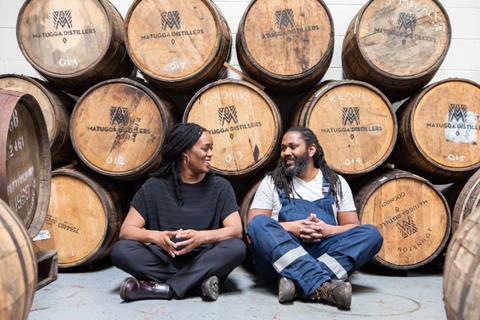
Scottish rum distillery Matugga is closing in on £300k crowdfunding target to continue its UK expansion and fuel its international ambitions.
The business, run by married co-founders Jacine Rutasikwa and Paul Rutasikwa, is aiming to become a ‘cane to cask’ producer, with plans underway to develop a sugarcane plantation in Uganda.
Based in Livingston, Matugga Distillery is only the second company to produce rum from scratch in Scotland.
It has currently secured 94% of its £300k target from 200 investors on Crowdcube, valuing the business at £1.2m.
Matugga will use the funds to grow the commercial operations in the UK and enable it to export worldwide, expand its team and purchase additional kit to boost its output eight-fold.
The business has experienced high demand for its rum – distilled by Ugandan-born Rutasikwa in Scotland but with a focus on the founders’ African and Caribbean roots, using Scottish water infused with local, East African and Jamaican botanicals.
It has so far sold 25,000 bottles of its two brands, Matugga Rum and Liv Rum, through its online stores, as well as retailers such as Co-op and Master of Malt and Dugas, a French distributor.
“We can’t keep up, we’ve sold more than 25,000 bottles already, but our distillery is now at full capacity,” Jacine said.
“The rum market is ready for disruption, and, while the UK craft rum category is relatively new, we’re producing some of the most adventurous and unique rum expressions available anywhere in the world.
“Hardly any major retailers stock locally made craft rum, but the appetite is there so we need to think big to be ready to meet that opportunity.”
Paul added: “We have substantial ties to Uganda, and our team shares a common desire to support the livelihoods of sugarcane growers in East Africa.
“With this at the front of our mind, we are developing a sugarcane plantation on our family land in Matugga that will employ and train local agricultural workers. By harvesting cane from our land and converting it into high-quality distilling molasses we will become a ‘cane to cask’ rum producer.”







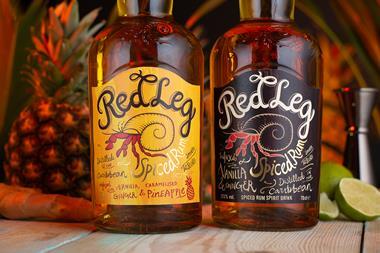

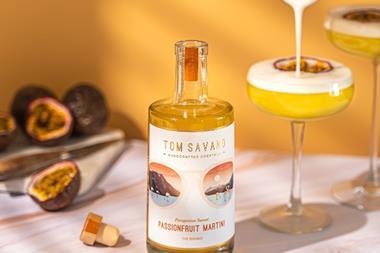
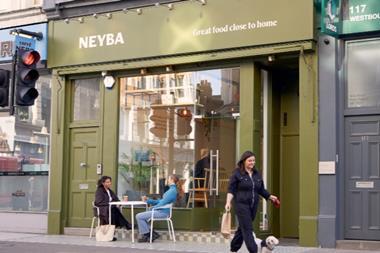
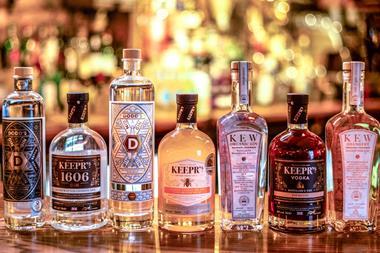
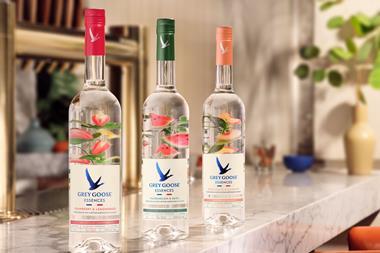
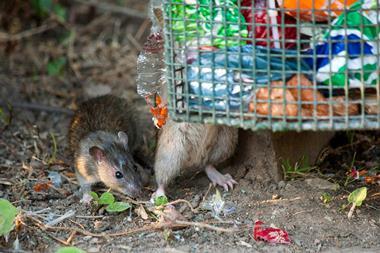




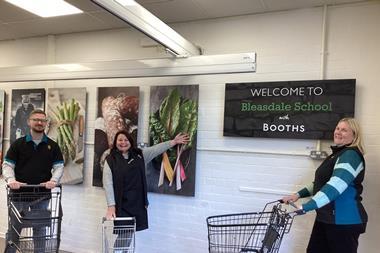
No comments yet